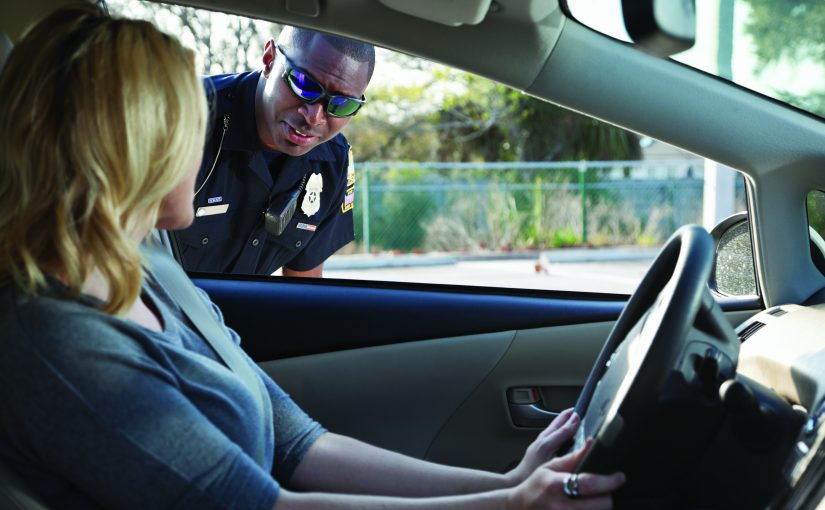
Since 1998, the Highway Safety Committee of the International Association of Chiefs of Police, along with 3M’s Traffic Safety and Security Division, have recognized officers throughout the United States for utilizing license plate-related violations to solve a variety of criminal offenses. The Looking Beyond the License Plate award has been awarded to officers who have gone beyond the “routine” traffic stop, resulting in the apprehension of dangerous criminals. The license plate has long been a tool for officers to engage in the proactive enforcement of traffic offenses, and traffic stops for license plate violations have led to the successful conclusion of criminal offenses, including homicides, robberies, the apprehension of wanted fugitives, and burglaries. A license plate was even involved in the capture of Timothy McVeigh in 1995, just hours after the bombing of the Murrah Federal Building in Oklahoma City, Oklahoma.1 Every day, officers throughout the United States are conducting traffic stops as the result of an observed license plate violations, and, when used properly, the license plate can be an effective instrument for law enforcement.


